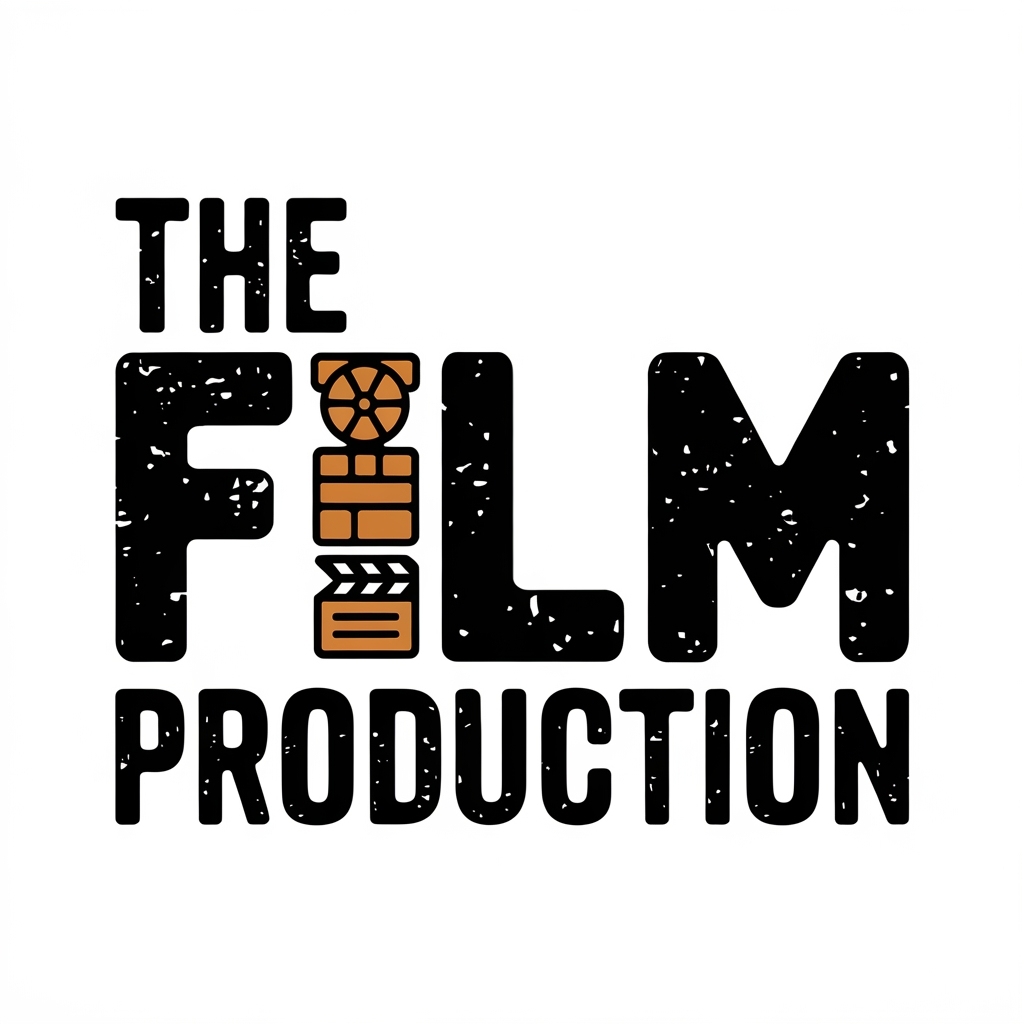Crafting a compelling script is where the magic begins. In indie filmmaking, a well-told story is your strongest ally. The plot is your foundation, dictating everything from casting to cinematography. It’s important to remember that even the most spectacular visuals can’t make up for a weak narrative. Drawing audiences into the world you create hinges on solid writing.
Experimentation can be your best friend in the world of narratives. Whether it’s nonlinear timelines, unpredictable plot twists, or blending genres, stepping outside the conventional storytelling box holds the potential to keep your audience engaged and invested. As an indie filmmaker, taking creative risks can often lead to surprisingly fresh and innovative content.
Personal experiences often transform into the most authentic storytelling. Infusing your narratives with real-life emotions and events not only enriches the depth of your story but also strengthens its relatability. Viewers tend to connect more profoundly with stories that carry a piece of reality within.
Listening to feedback is a powerful tool for refining your narrative. Take notes from critique sessions and audience dispositions during screenings, both positive and negative. These insights are invaluable, offering a clearer understanding of what resonates with your audience and what might require tweaking.
Storytelling walks a fine line between creativity and coherence. It’s essential to maintain a balance where the plot is imaginative yet understandable. While drawing the audience into a world of imagination, it’s crucial not to lose them in overly complex or fragmented narratives. Achieving this balance is key to successful storytelling in indie filmmaking.
Navigating the Realm of Production
Budgeting is the backbone of any indie project. With limited resources, it becomes vital to not only plan meticulously but also to prepare for any financial curveballs. Allocating funds wisely across departments like casting, equipment, and locations is how you maximize what you have.
Logistical challenges are part of the filmmaking process, and indie filmmakers often encounter them more frequently due to tighter resources. Flexibility and creative problem-solving are crucial here. From last-minute location changes to weather issues, adapting quickly is key.
A skilled, passionate team makes all the difference. Working with individuals who are as enthusiastic as you are, even if they’re not industry veterans, can elevate the project. Building a rapport where each team member feels valued can lead to surprising synergies and unexpected solutions.
Technology is constantly evolving, and staying updated can offer indie filmmakers added advantages. Exploring the latest filming techniques and tools available can enhance the quality of your production. Even on a budget, learning new ways to shoot or edit can significantly elevate the final outcome.
Safety and sustainability shouldn’t take a back seat just because you’re working independently. Prioritizing safe working conditions and considering environmentally friendly practices can not only shape a positive set culture but also align with the growing audience demand for responsible filmmaking.
Building a Connection with the Audience
Marketing your indie film is about finding unique, creative ways to reach potential viewers. With often limited budgets compared to blockbuster studios, it becomes essential to think outside the box. Whether it’s grassroots campaigns or striking partnerships with local businesses, innovative strategies can yield substantial gains.
Social media platforms offer powerful tools to connect directly with your audience. Crafting engaging content that reflects the spirit of your film can resonate well. Whether you’re using short video snippets, behind-the-scenes photos, or interactive discussions, staying active and responsive can cultivate a loyal following.
Festivals are gateways to broader recognition. Participating in film festivals provides exposure and crucial feedback from a distinguished audience. They also offer networking opportunities with fellow filmmakers, critics, and potential distributors, adding significant value to your filmmaking journey.
Creating promotional materials, such as trailers and posters, that truly capture the essence of your film is an art in itself. Well-crafted promotional efforts help stir curiosity and anticipation, which are pivotal in drawing your audience’s initial interest.
Word-of-mouth remains one of the most powerful marketing tools. Encouraging those who enjoy your film to share it with others can snowball your reach. Engaging directly with your audience through Q&A sessions or live events can create a personal connection, fostering a community around your film.
The Journey of Continuous Learning and Growth
Reflecting on the rollercoaster of indie filmmaking reveals the most transformative lessons, from unexpected triumphs to instructive setbacks. Each project offers a unique set of experiences which refine your skills and deepen your understanding of what it truly means to be a storyteller.
Building a network of mentors and peers is invaluable. These connections provide guidance, open new opportunities, and offer fresh perspectives. Engaging in discussions with seasoned filmmakers or newcomers alike can significantly influence your growth and inspire innovation.
Celebrating small victories is as important as recognizing bigger achievements. Every step, however minor it may seem, is progress. Acknowledging and learning from failures is just as crucial, as they often lead to breakthroughs in creativity and execution.
Setting clear, attainable goals can keep the momentum going. Whether it’s experimenting with a new genre or perfecting a specific filmmaking technique, having targets propels your creative journey forward.
Embracing a constant state of learning ensures adaptability in the dynamic field of filmmaking. Staying curious and open to new experiences or techniques keeps your creative juices flowing, ultimately contributing to the evolution of your craft.
